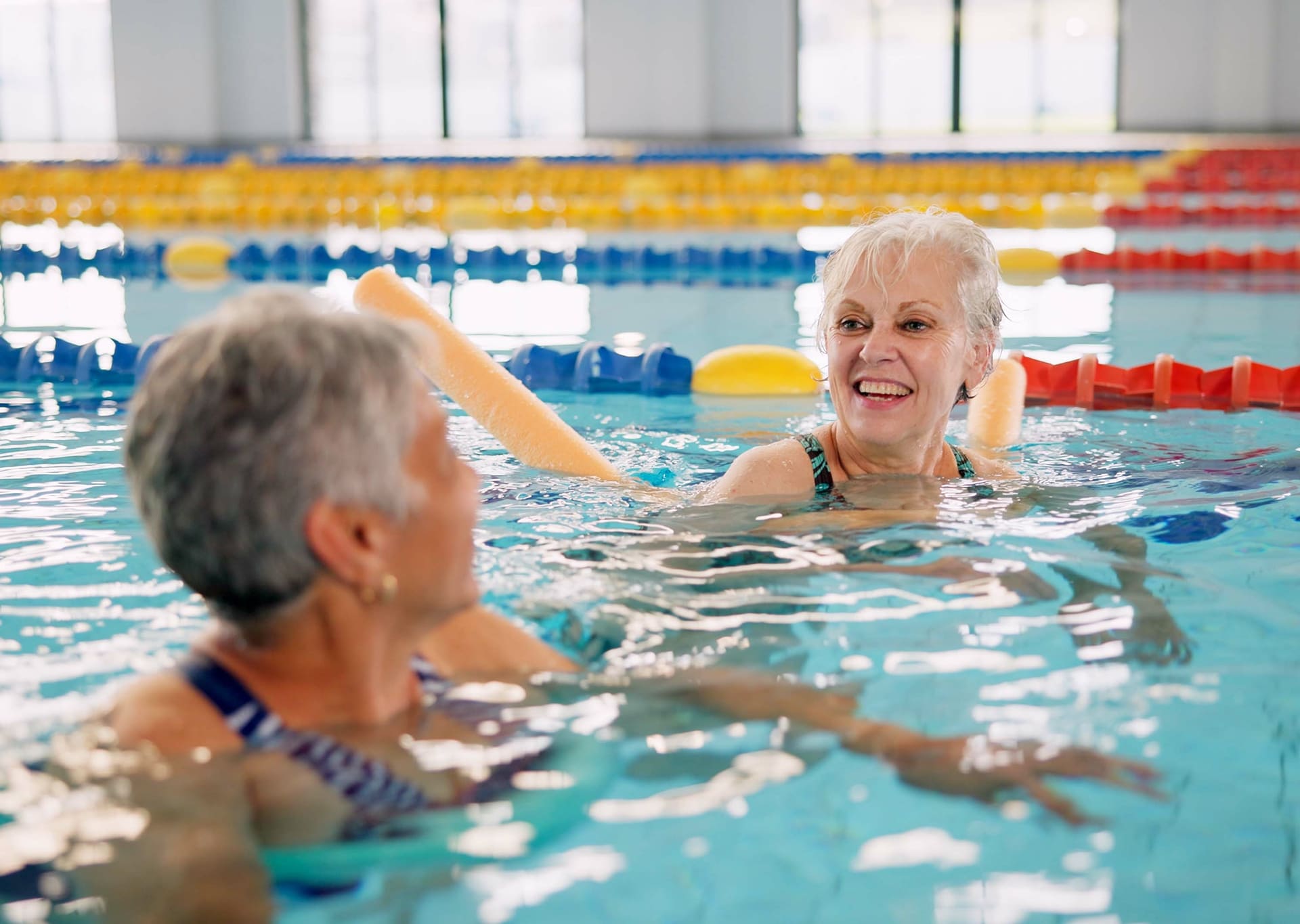
Adaptive water sports: Swimming, canoeing, and more
Adaptive water sports offer an excellent opportunity for people with functional diversity to participate in recreational and sporting activities in the water. These sports, such as swimming, canoeing, surfing, and diving, not only improve physical health but also offer psychological and emotional benefits. The connection with water and nature provides a unique experience of release, relaxation, and personal achievement. Furthermore, the accessibility of these sports has improved greatly in recent years thanks to advances in specialized equipment and professional training.
Water, with its therapeutic and low-impact properties, offers an ideal environment for people with physical, sensory, or intellectual functional diversity. Adaptive water sports provide a fun and effective way to stay active while developing skills and promoting mental and emotional well-being.
Swimming and its adaptive benefits
Adaptive swimming is one of the most accessible and popular water sports for people with various functional diversity. This sport has several physical and therapeutic benefits that make it ideal for those with mobility issues, joint or muscle limitations, as well as those with sensory difficulties.
- Physical Benefits: Adaptive swimming improves cardiovascular endurance and strengthens the muscular system, especially in the upper body and core. The buoyancy of water reduces impact on the joints and allows for greater freedom of movement, which is essential for people with functional diversity who may struggle with high-impact exercises. Water also facilitates greater range of motion, allowing for stretching and flexibility exercises without causing discomfort.
- Therapy and Rehabilitation: Swimming is also an excellent therapeutic method. People with musculoskeletal conditions or limited mobility experience significant relief from swimming, as the water supports the body and allows for movements that would otherwise be difficult outside of it. Additionally, regular swimming helps reduce muscle stiffness and improve flexibility, which is especially beneficial for those with conditions such as cerebral palsy, arthritis, or spinal cord injuries. 3. Emotional and psychological well-being: In addition to the physical benefits, adapted swimming also improves mental well-being. Exercising in the water releases endorphins, which helps reduce stress and anxiety. The feeling of weightlessness experienced in the water releases accumulated tension in the body, contributing to relaxation and improving mood.
More aquatic options: Canoeing, surfing, and diving
In addition to swimming, there are other adapted water sports that allow people with functional diversity to enjoy nature and engage in inclusive physical activity. Each of these sports offers a unique experience, both in terms of exercise and connection with the aquatic environment.
Adaptive canoeing: Adaptive canoeing is an activity that combines physical exercise, contact with nature, and teamwork. In this sport, boats are customized to offer greater stability and comfort to participants, with seats and supports designed to adapt to each individual’s needs. This sport strengthens the upper body, improves coordination, concentration, and endurance, while fostering a connection with the water. Canoeing trips often take place on calm rivers, lakes, or coastal areas, providing an opportunity to enjoy natural beauty while exercising.
Adaptive Surfing: Adaptive surfing has gained popularity in recent years due to technological innovations in boards and the support of specialized trainers. Adaptive surfboards feature additional supports, such as torso and leg supports, that allow people with reduced mobility to enjoy the experience of surfing. Additionally, surfing helps improve balance, strength, and coordination, all while enjoying the excitement and connection with the ocean. Adaptations have made surfing a more accessible sport for people of all ages and abilities.
Adaptive Diving: Adaptive diving allows people with functional diversity to explore the underwater world without barriers. Thanks to advances in adaptive diving equipment, such as regulators and special life jackets, people with functional diversity can enjoy underwater exploration. This sport not only offers gentle and complete physical exercise but also a relaxing and meditative experience. Adaptive diving offers a unique sense of freedom while moving underwater, promoting independence and a deep connection with the natural environment.
Adaptive water sports open a world of possibilities for people with functional diversity, improving their physical health and allowing them to enjoy unique experiences in the water. From swimming to canoeing to surfing, these activities prove that sport is for everyone.








